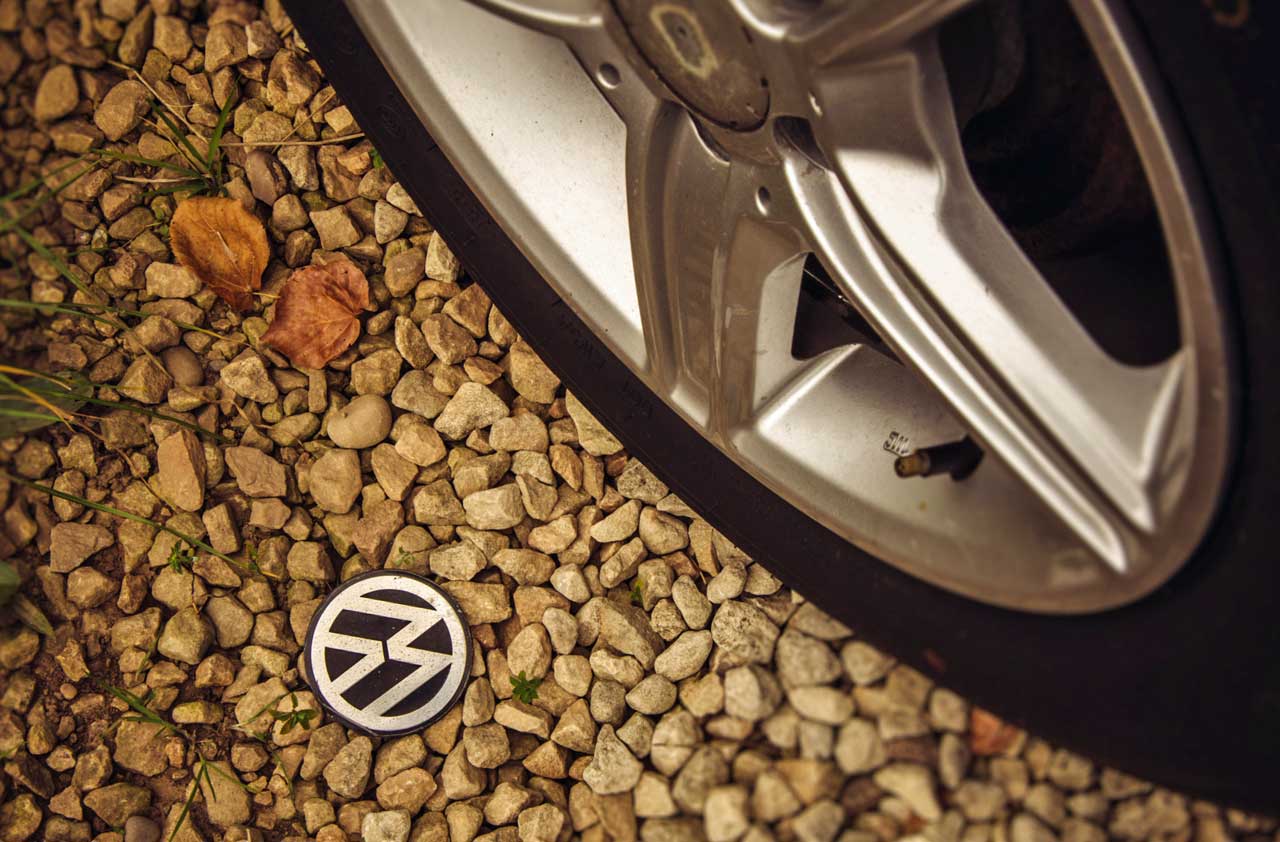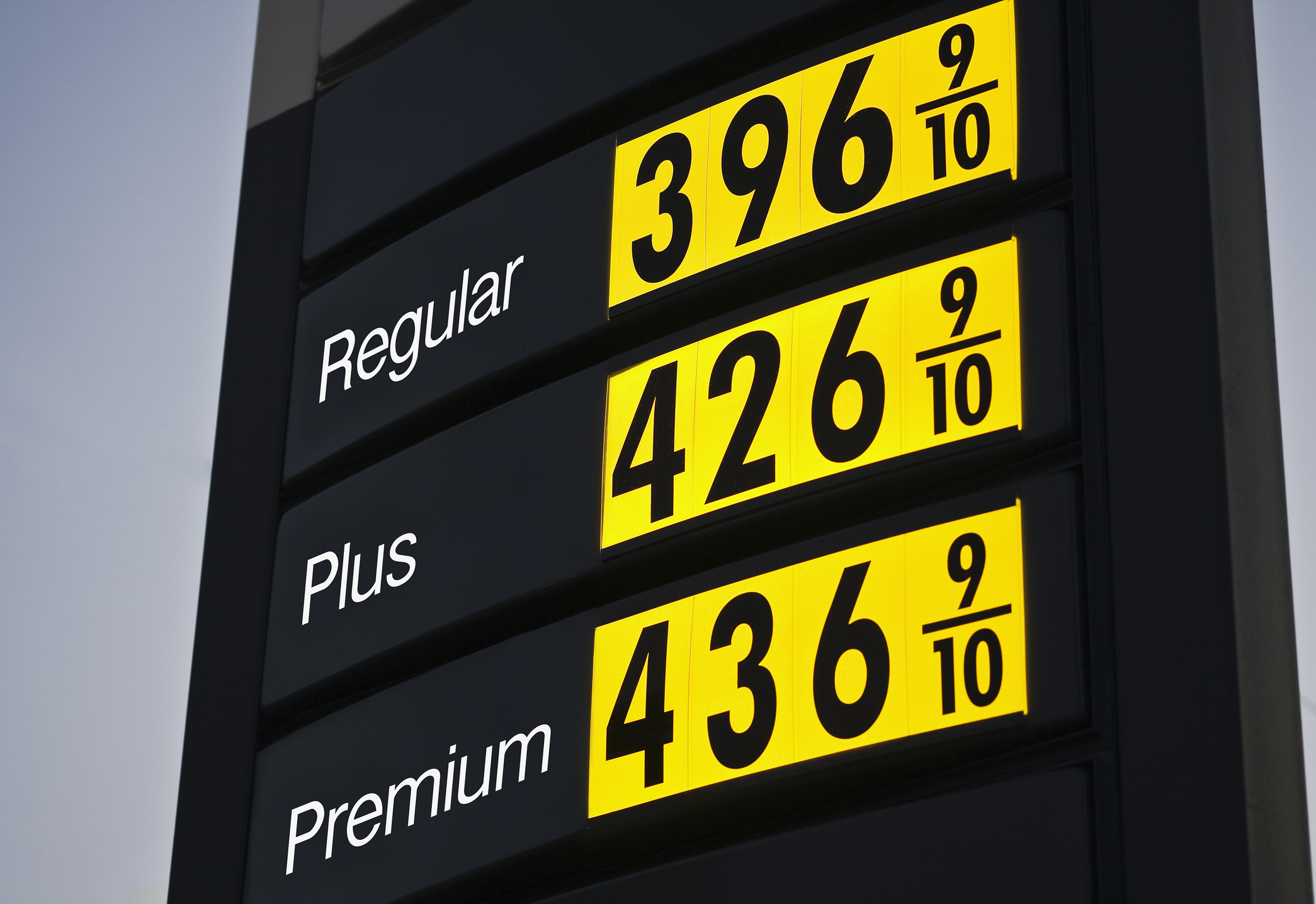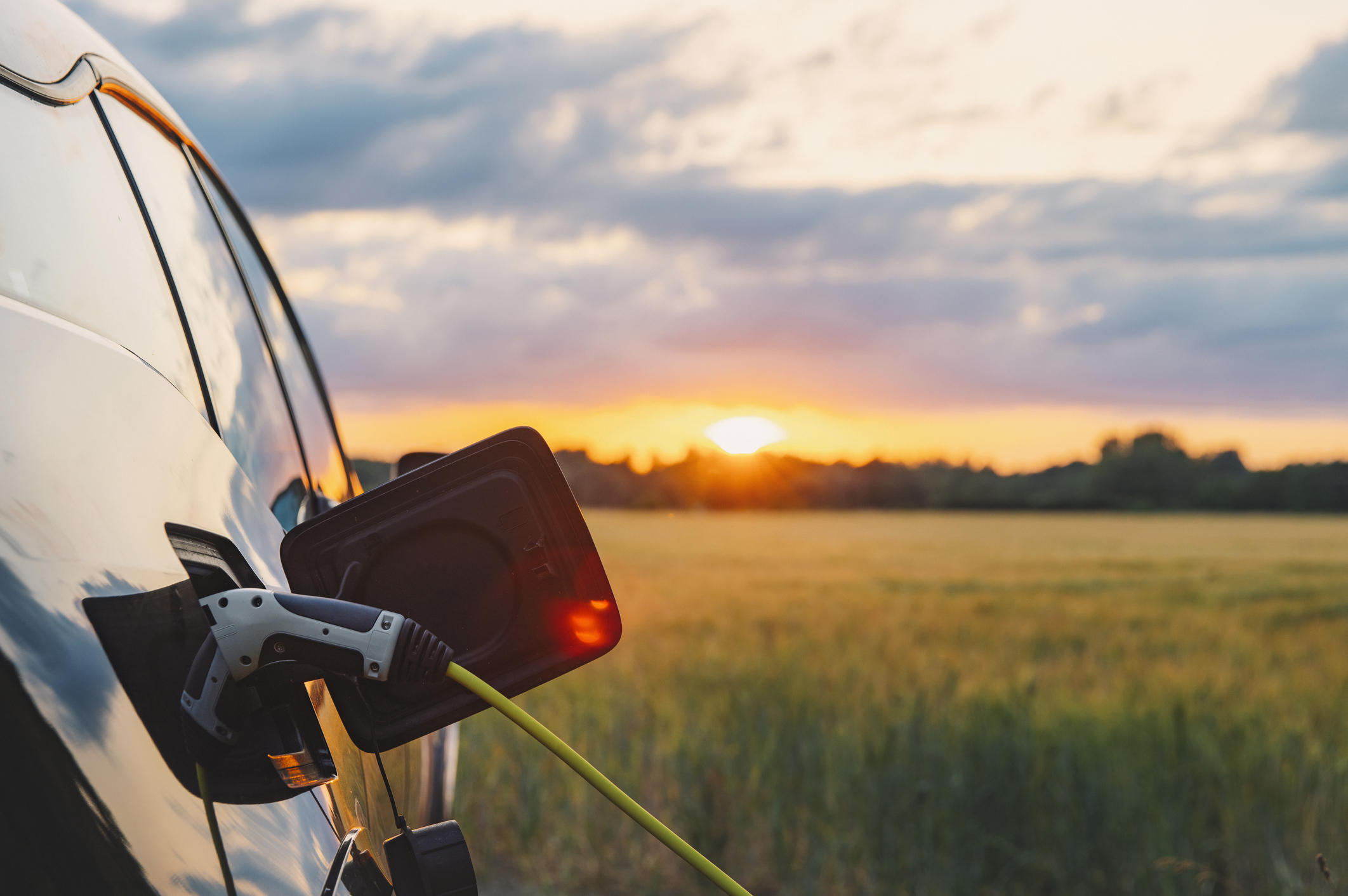What to Do If You Own a VW Diesel
Repairs to ensure that VWs with "defeat device" software meet emission standards could be a year or two away.


Profit and prosper with the best of Kiplinger's advice on investing, taxes, retirement, personal finance and much more. Delivered daily. Enter your email in the box and click Sign Me Up.
You are now subscribed
Your newsletter sign-up was successful
Want to add more newsletters?

Delivered daily
Kiplinger Today
Profit and prosper with the best of Kiplinger's advice on investing, taxes, retirement, personal finance and much more delivered daily. Smart money moves start here.

Sent five days a week
Kiplinger A Step Ahead
Get practical help to make better financial decisions in your everyday life, from spending to savings on top deals.

Delivered daily
Kiplinger Closing Bell
Get today's biggest financial and investing headlines delivered to your inbox every day the U.S. stock market is open.

Sent twice a week
Kiplinger Adviser Intel
Financial pros across the country share best practices and fresh tactics to preserve and grow your wealth.

Delivered weekly
Kiplinger Tax Tips
Trim your federal and state tax bills with practical tax-planning and tax-cutting strategies.

Sent twice a week
Kiplinger Retirement Tips
Your twice-a-week guide to planning and enjoying a financially secure and richly rewarding retirement

Sent bimonthly.
Kiplinger Adviser Angle
Insights for advisers, wealth managers and other financial professionals.

Sent twice a week
Kiplinger Investing Weekly
Your twice-a-week roundup of promising stocks, funds, companies and industries you should consider, ones you should avoid, and why.

Sent weekly for six weeks
Kiplinger Invest for Retirement
Your step-by-step six-part series on how to invest for retirement, from devising a successful strategy to exactly which investments to choose.
I got a letter the other day signed by Volkswagen Group of America CEO Michael Horn. “Out of respect for you and your esteemed publication,” Horn wrote, “we feel it best at this time to return the Best in Class and Best New Car Awards that you gave us for the Jetta TDI in 2009, 2010, 2012, and 2013; for the Passat TDI in 2012 and 2015; and for the Golf TDI in 2015.”
And so, poof, all the praise Kiplinger and other reviewers have heaped on VW for its diesel technology over the years blew away in a whirlwind of scandal.
The German automaker still has a lot of ’splainin to do about the revelations that it surreptitiously installed “defeat device” software designed to cheat on emissions tests in vehicles with its 2.0-liter turbodiesel engines. More than 480,000 such vehicles were sold in the U.S. -- and as many as 11 million worldwide -- during the past five years. (In addition to the vehicles that received Kiplinger awards, Beetle and Audi A3 diesels are guilty of the deceit.) Heads have already rolled at VW and sister brand Audi, the stock price has been pummeled since news of the cheating broke, and Horn apologized profusely in front of an incredulous congressional committee earlier this month.
From just $107.88 $24.99 for Kiplinger Personal Finance
Become a smarter, better informed investor. Subscribe from just $107.88 $24.99, plus get up to 4 Special Issues

Sign up for Kiplinger’s Free Newsletters
Profit and prosper with the best of expert advice on investing, taxes, retirement, personal finance and more - straight to your e-mail.
Profit and prosper with the best of expert advice - straight to your e-mail.
VW has evidently been giving back its media awards for its implicated “clean-diesel” cars, one by one, as part of its mea-culpa campaign to put this scandal behind it. At Kiplinger, my colleagues and I were as duped by VW’s diesel cars as the Environmental Protection Agency and other regulators were. As the letter from Horn attests, we bought into the illusion that VW’s slick proprietary technology could produce a small diesel engine capable of 40-plus miles per gallon on the highway that still meets the EPA’s strict standards for nitrogen oxide levels. (If you took a federal tax credit for a 2009 or 2010 clean-diesel vehicle, at least you won’t have to return it. But VW could be on the hook for the millions of dollars in tax subsidies that went to owners under false pretenses.)
VW may be giving back its awards, but it’s not taking back its cars. Horn told the congressional panel that Volkswagen might consider a buyback—but don’t hold your breath. “Our plan is to fix the cars,” he says.
VW’s problems have given all diesel vehicles a black eye. BMW, Mercedes-Benz, Jeep and even Chevrolet (the Cruze) also sell diesel cars in the U.S., but they use different technologies to reduce pollutants, and there’s no indication that their emissions test results aren’t on the up and up.
Diesel, even the new-generation clean diesels that met (or claimed to meet) the strict standards that the EPA imposed in 2007, never caught on in a serious way here in the U.S. Still, it’s easy to fall in love with the torque and efficiency of a diesel vehicle. To some drivers, the eerie quiet of an electric vehicle accompanied by the shift-less acceleration of its transmission just won’t do. Volkswagen owners believed in das diesel, and many are shaken by the deception.
To add insult to injury, the brouhaha has also trimmed the resale value of the affected cars—by an average of 13%, or about $1,700 per vehicle since mid September, reports Kelley Blue Book. Selling now is not your best move. Here are some other options:
Get the emissions fix. VW will issue a recall to repair the cars and ensure that levels of nitrogen oxide—the byproduct of diesels that contributes to smog—meet the EPA’s limits in real-world driving as well as on the lab treadmill. Details of the fix have yet to be announced, although Horn says it will include a hardware and software change that may take as much as 10 hours of work per car. You may have to wait a year or two before you can get that work done, Horn adds.
Ignore the recall. We’re not really recommending this option, but work done to bring existing vehicles up to snuff will most likely reduce engine power and lower fuel economy, so the most attractive attributes of your diesel will be diminished. If your state requires emissions testing (as 32 states and the District of Columbia do), your state may eventually require proof that you heeded the recall. Note that this won’t be a safety recall: If you don’t get the fix, your car doesn’t pose an immediate safety hazard to you or your passengers, but it will continue to spew up to 40 times the allowed nitrogen oxide levels from its tailpipe.
Trade in your diesel VW for a gasoline VW. The company is offering a $2,000 “owner loyalty bonus” to buyers who trade in an old VW for a new one. Because 2016-model Volkswagen diesels won’t be sold in the U.S. anytime soon, if you want a new 2015 or 2016 model, it will be gas-powered.
Join a class-action lawsuit. Hundreds of class-action lawsuits, such as the one being handled by Seattle firm Hagens Berman, have been filed in courts around the U.S. since the bad news broke. The lawsuits are expected to seek billions of dollars in damages to compensate owners for the diminished value of the vehicles. It’s likely the lawsuits will be consolidated into one case before one federal judge, and a settlement could be years away.
My colleague Jim Patterson has reported on other aspects of the VW scandal and implications for the company in The Kiplinger Letter Energy Alerts. Volkswagen has created a Web site to provide updates to TDI owners.
Profit and prosper with the best of Kiplinger's advice on investing, taxes, retirement, personal finance and much more. Delivered daily. Enter your email in the box and click Sign Me Up.

Mark was the editor of Kiplinger's Personal Finance magazine from July 2017 to June 2023. Prior to becoming editor, he was the Money and Living sections editor and, before that, the automotive writer. He has also been editor of Kiplinger.com as well as the magazine's managing editor, assistant managing editor and chief copy editor. Mark has also served as president of the Washington Automotive Press Association. In 1990 he was nominated for a National Magazine Award. Mark earned a B.A. from University of Virginia and an M.A. in Writing from Johns Hopkins University. Mark lives in Washington, D.C., with his wife, and they spend as much time as possible in their Glen Arbor, Mich., vacation home.
-
 Betting on Super Bowl 2026? New IRS Tax Changes Could Cost You
Betting on Super Bowl 2026? New IRS Tax Changes Could Cost YouTaxable Income When Super Bowl LX hype fades, some fans may be surprised to learn that sports betting tax rules have shifted.
-
 How Much It Costs to Host a Super Bowl Party in 2026
How Much It Costs to Host a Super Bowl Party in 2026Hosting a Super Bowl party in 2026 could cost you. Here's a breakdown of food, drink and entertainment costs — plus ways to save.
-
 3 Reasons to Use a 5-Year CD As You Approach Retirement
3 Reasons to Use a 5-Year CD As You Approach RetirementA five-year CD can help you reach other milestones as you approach retirement.
-
 10 Things You Should Know About Buying a Car Today, Even if You've Bought Before
10 Things You Should Know About Buying a Car Today, Even if You've Bought BeforeIf buying a car is on your to-do list, and it's been a while since you went shopping for a new one, this guide will help avoid any nasty shocks in the showroom.
-
 Get the Best Car Deal in Retirement: Here's the Trick
Get the Best Car Deal in Retirement: Here's the TrickPlanning on shopping for a new car this Labor Day weekend? Here’s how to haggle for a better price, even though you're retired.
-
 7 Gas-Saving Tips That Actually Work
7 Gas-Saving Tips That Actually WorkThese are gas-saving tips that will actually work for you and your car this year.
-
 Want to Lease an EV? The Tax Credit 'Loophole' for That Is Going Away Soon
Want to Lease an EV? The Tax Credit 'Loophole' for That Is Going Away SoonTax Credits If you are deciding whether to lease or buy an electric vehicle, here is what you need to know about how the EV lease tax credit works now that it will be eliminated under Trump's new tax law.
-
 Car Buying in a Topsy-Turvy Market
Car Buying in a Topsy-Turvy MarketYou need a new car? Good luck with that! What should you do? We've got some answers.
-
 Watch Out for Flood-Damaged Cars from Hurricane Ian
Watch Out for Flood-Damaged Cars from Hurricane IanBuying & Leasing a Car In the wake of Hurricane Ian, more flood-damaged cars may hit the market. Car prices may rise further because of increased demand as well.
-
 Car Buyers: The 3-Day Grace Period Is Just a Myth!
Car Buyers: The 3-Day Grace Period Is Just a Myth!Buying & Leasing a Car Many car buyers think they have three days after making a purchase to return a car. Here’s where they’re going wrong, and what they should do instead to get a decent used car.
-
 PODCAST: Car-Buying in an Inflated Market with Jenni Newman
PODCAST: Car-Buying in an Inflated Market with Jenni NewmanBuying & Leasing a Car With cars both scarce and expensive these days, what to do if you want – or need – a new ride? Car-buying strategist Jenni Newman of Cars.com shares some tips. Also, more on the magical 9% savings bond.